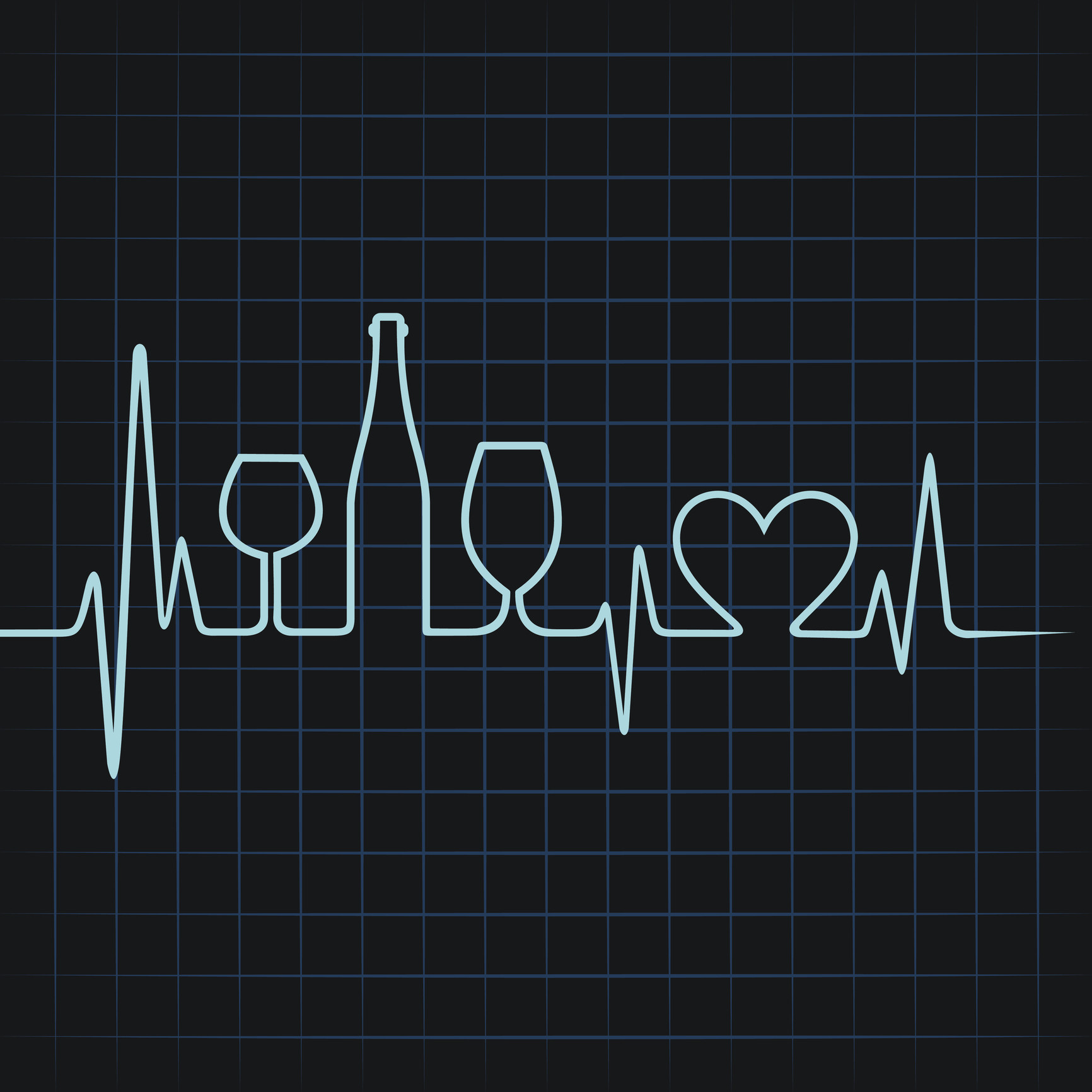
What are somatic workouts?

How to curb your stress eating

How to spot Parkinson’s disease symptoms

8 simple ways to reduce ultra-processed foods in your diet

Heart failure symptoms in women: How they’re different

GERD diet: Foods to avoid to reduce acid reflux

Strong is the new skinny

Everyday habits that sneakily weaken your bones

Don’t wait to get help for back pain

Correcting how you walk may ease osteoarthritis knee pain
Heart Health Archive
Articles
3 diet changes to help lower cholesterol levels
By lowering your blood LDL ("bad") cholesterol level, even if it is normal, you help reduce your chances of having a heart attack. It's especially important if the LDL level is above 130 milligrams per deciliter. For every 10% drop in your cholesterol level, your heart attack risk potentially falls by 20% to 30%.
There are several steps you can take to lower your cholesterol level, like losing weight if needed, being more active, and choosing healthy foods. Here are three simple steps toward a healthier, cholesterol-lowering diet:
Heart trouble in your family? Exercise may offer protection
In the journals
If heart disease runs in your family, improving your fitness may be a great way to help prevent it, according to a study published online April 9, 2018, by Circulation.
Researchers reviewed data from about 502,000 people, ages 40 to 69, who filled out questionnaires about their current physical activity and family medical history. The researchers also measured the participant daily activity level, grip strength, and cardiovascular fitness.
Even one cigarette a day is too many
Research we're watching
It seems the old adage "everything in moderation" might have an exception — smoking. A study in the January 24 issue of The BMJ found that smoking even one cigarette a day carries significant health consequences, namely a higher risk of heart attack and stroke.
Using data from 141 different studies, involving millions of participants, researchers compared people who smoked either one, five, or 20 cigarettes each day. They found, counter to what many people assume, that rates of heart disease and stroke were not reduced as much as expected in casual smokers compared with pack-a-day smokers.
Open your heart to mindful eating
Strategies that cultivate self-awareness and compassion may help you lose weight and keep it off.
Image: © Dean Mitchell/Getty Images
Of all the recommendations for preventing heart disease, maintaining a healthy weight tops the list. Excess weight can raise your blood pressure, blood sugar, and cholesterol values, all of which harm the heart. But with about one in three Americans now overweight or obese, weight loss clearly remains a stubbornly elusive goal for many people.
One strategy that's gained traction in recent years is to focus less on what you eat and more on how and why you eat. How? By practicing mindfulness, which teaches you to focus on the present moment, while peacefully acknowledging and accepting your feelings and thoughts and the sensations in your body. Granted, that may sound a bit touchy-feely. But a review of a dozen studies, published in the March 2018 Current Obesity Reports, concluded that there is strong support for including mindful eating practices in weight management programs.
The benefits of do-it-yourself blood pressure monitoring
Sharing readings from a home monitor with your physician may help you reach your blood pressure goal more quickly.
Image: © Bojan89/Getty Images
For treating certain health problems, finding the best drug or combination of drugs at the correct dose often requires some trial and error. High blood pressure is a good example. Because this common problem raises heart attack and stroke risk, the sooner you can get your blood pressure down to a healthy range (130/80 millimeters of mercury [mm Hg] or lower), the better. New research suggests that people could speed things up a bit by taking a more active role in the process (see "Tracking your blood pressure at home: Does it help?").
"The study showed that a period of home blood pressure monitoring — one week per month — was sufficient to guide people to better blood pressure control," says Dr. Paul Conlin, professor of medicine at Harvard Medical School and chief, Medical Service, at the VA Boston Healthcare System.
Avoiding heart problems in your 80s
Advancing age may warrant changes to preventive therapies for heart disease. But one size does not fit all.
Image: © Willowpix/Getty Images
Currently, the average life expectancy in the United States is about 79 years. But among people who survive to age 80 and beyond, health status can vary quite a bit. Some stay hale and hearty for years, while others gradually become weak and frail.
These differences are one reason there aren't any set guidelines for preventing heart disease in octogenarians. But there's a larger underlying issue — one that also explains why heart attack risk calculators (such as www.health.harvard.edu/heartrisk) don't allow you to enter an age above 79.
Guard your heart during the dog days of summer
Heat, humidity, and haze can be rough on your heart.
Image: © yacobchuk/Getty Images
Summer's long, sunny days often entice people to spend more time exercising outdoors. While being more physically active is great for your heart, it's important to exercise caution when the temperature and humidity rise.
"You hear stories about football players collapsing when they do strenuous workouts in hot weather, probably because they're not drinking enough fluid," says Dr. Adolph M. Hutter, professor of medicine at Harvard Medical School. However, hot weather can affect non-athletes as well. "For the average person, just walking on a golf course when it's 100° with high humidity is stressful for the cardiovascular system," he says.

What are somatic workouts?

How to curb your stress eating

How to spot Parkinson’s disease symptoms

8 simple ways to reduce ultra-processed foods in your diet

Heart failure symptoms in women: How they’re different

GERD diet: Foods to avoid to reduce acid reflux

Strong is the new skinny

Everyday habits that sneakily weaken your bones

Don’t wait to get help for back pain

Correcting how you walk may ease osteoarthritis knee pain
Free Healthbeat Signup
Get the latest in health news delivered to your inbox!
Sign Up











